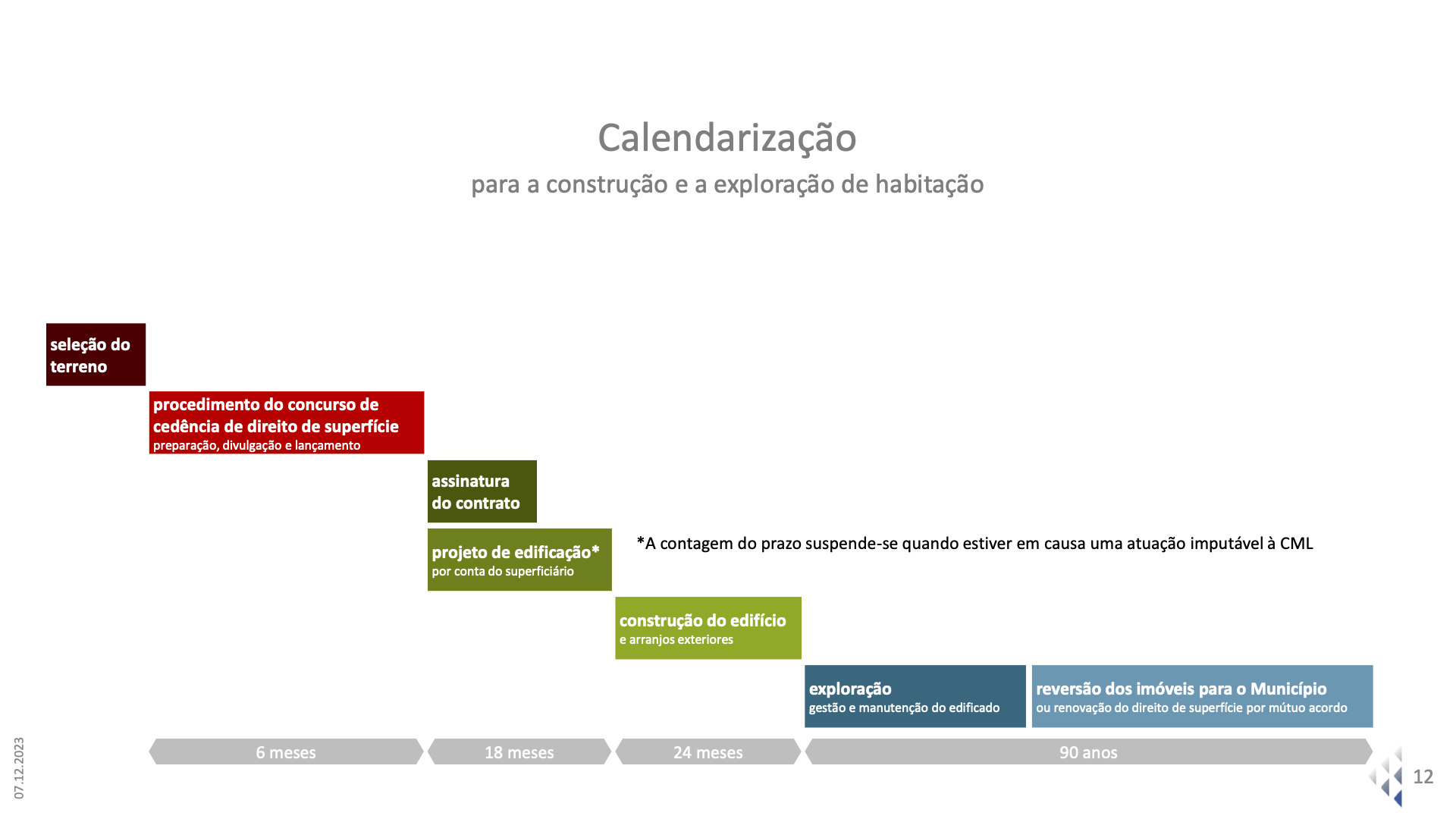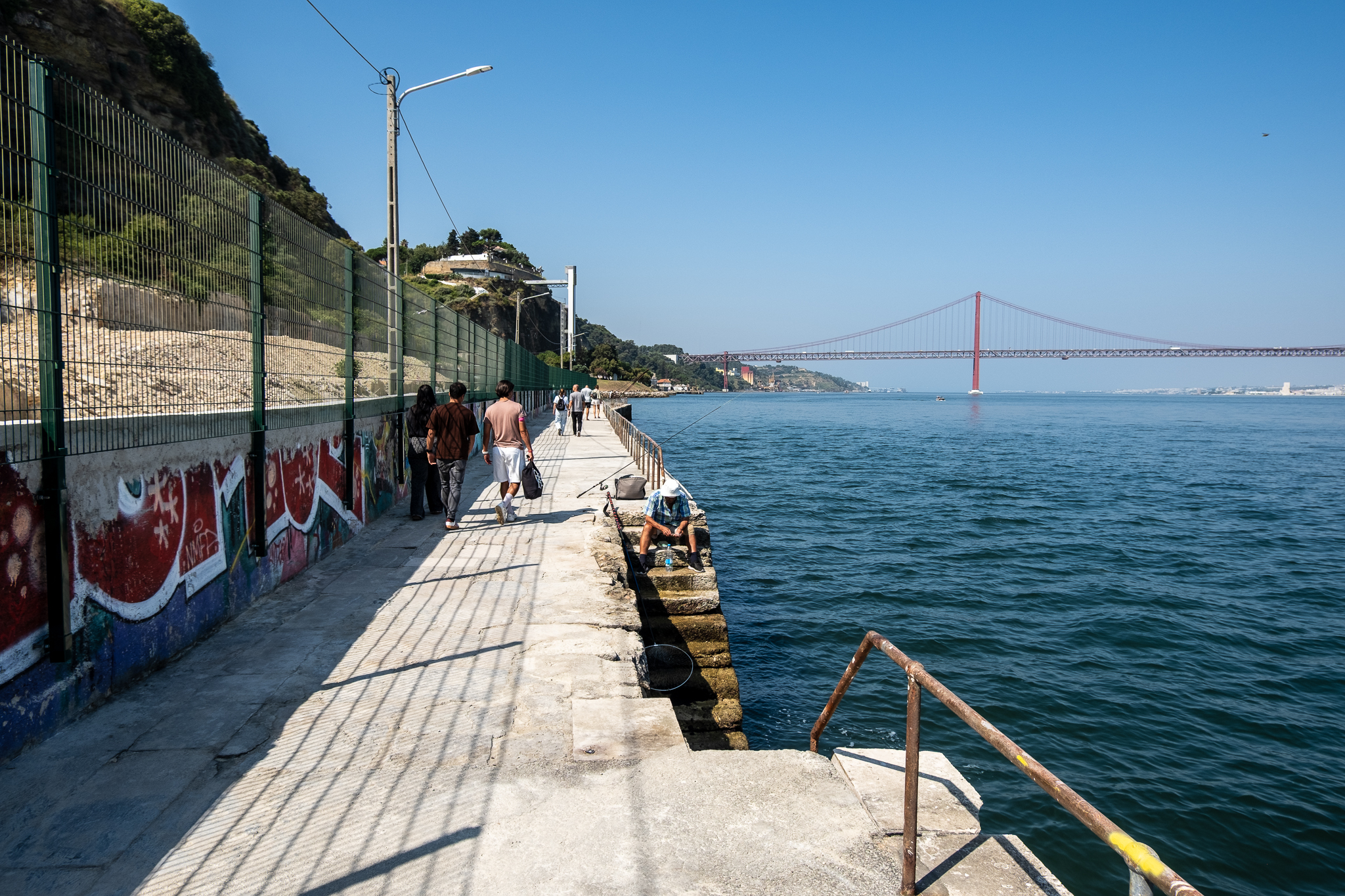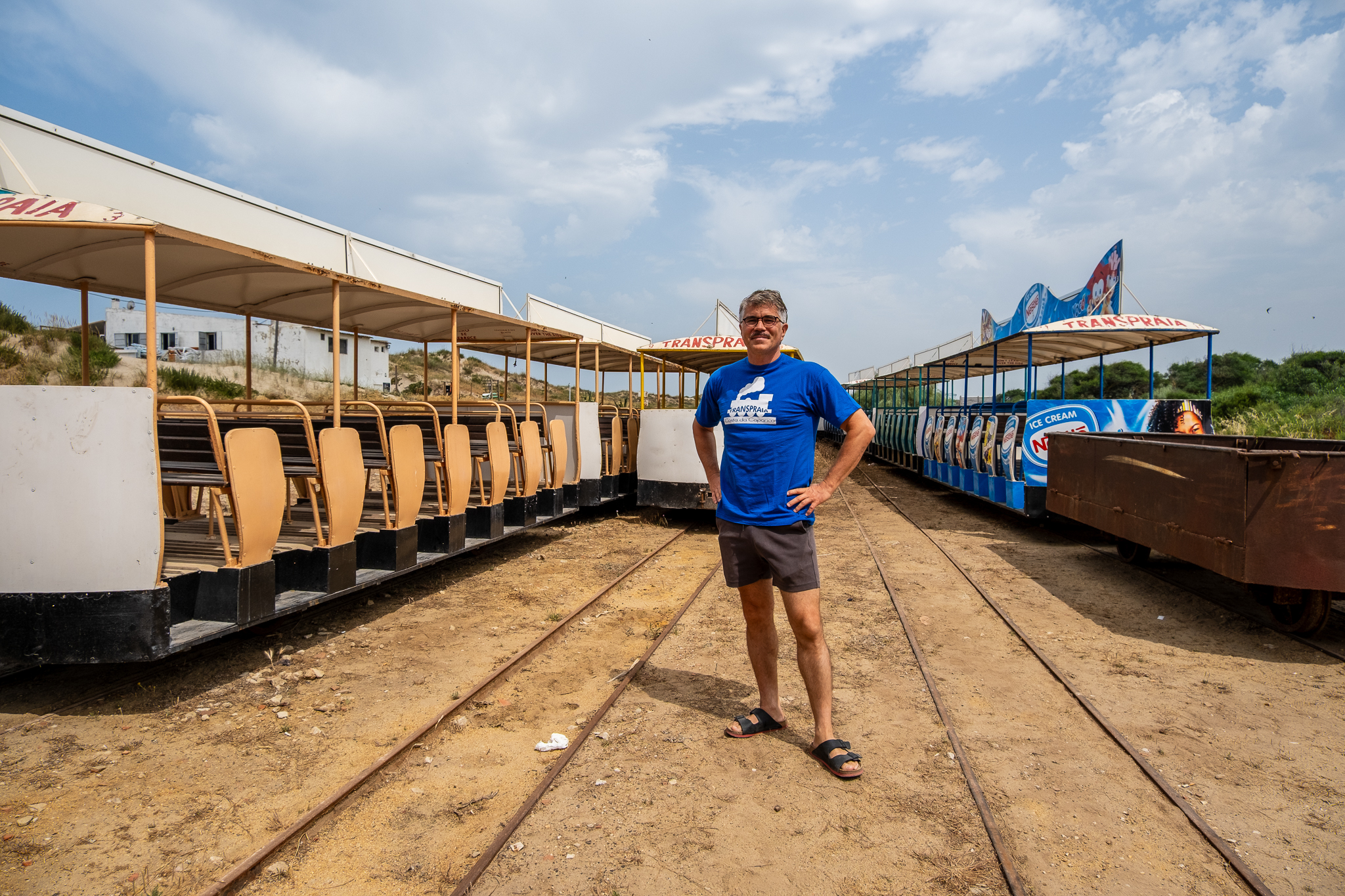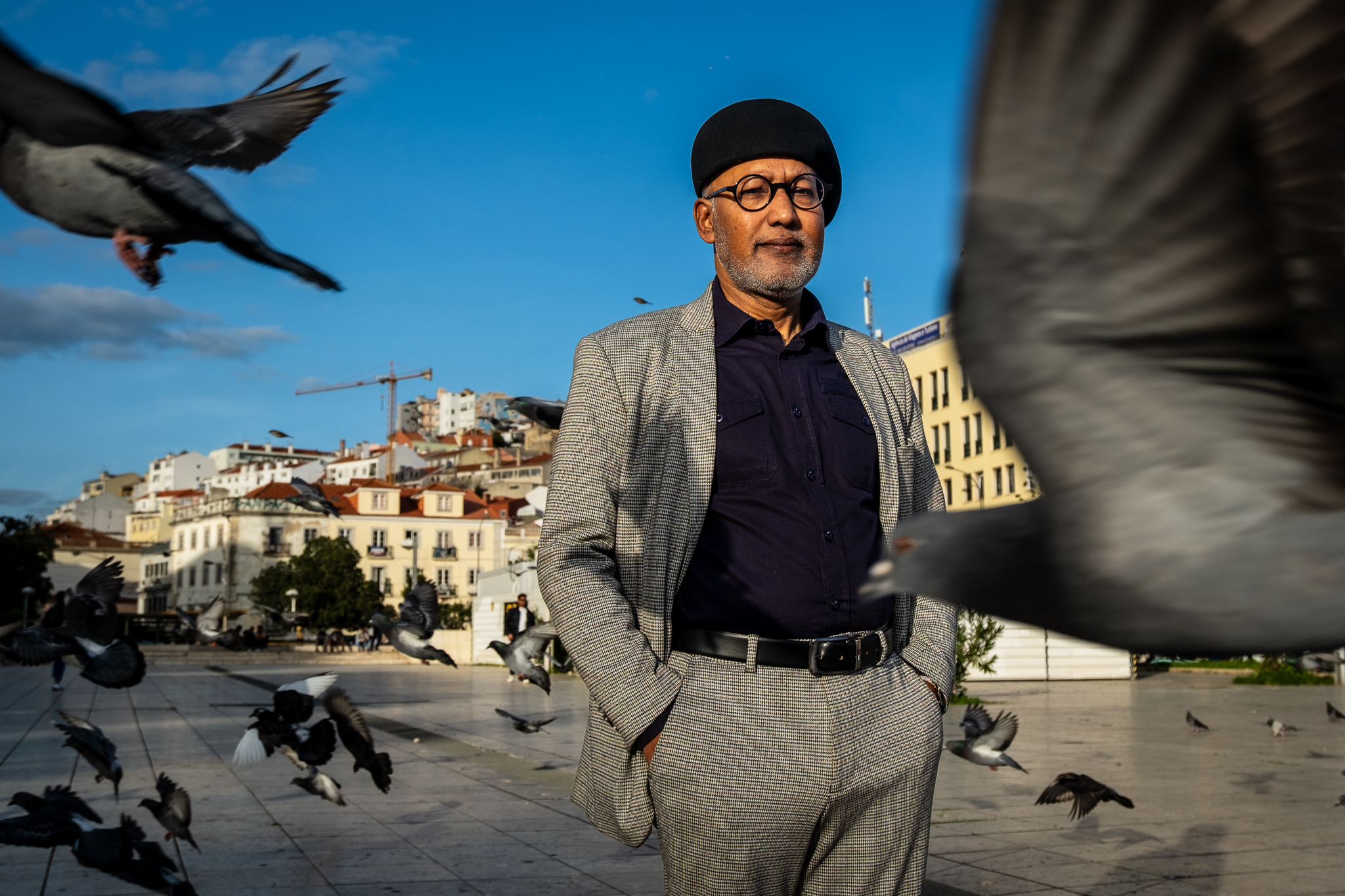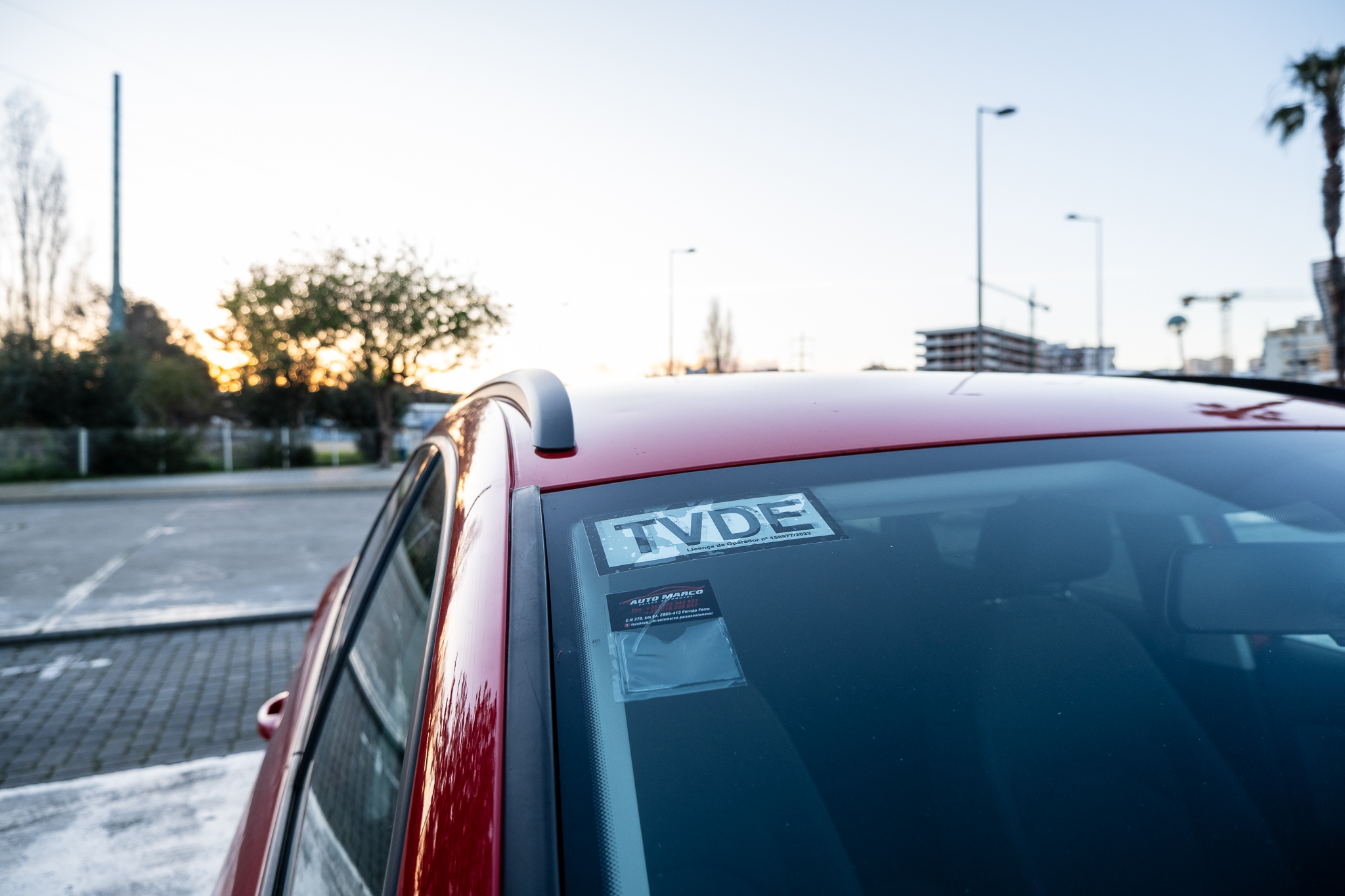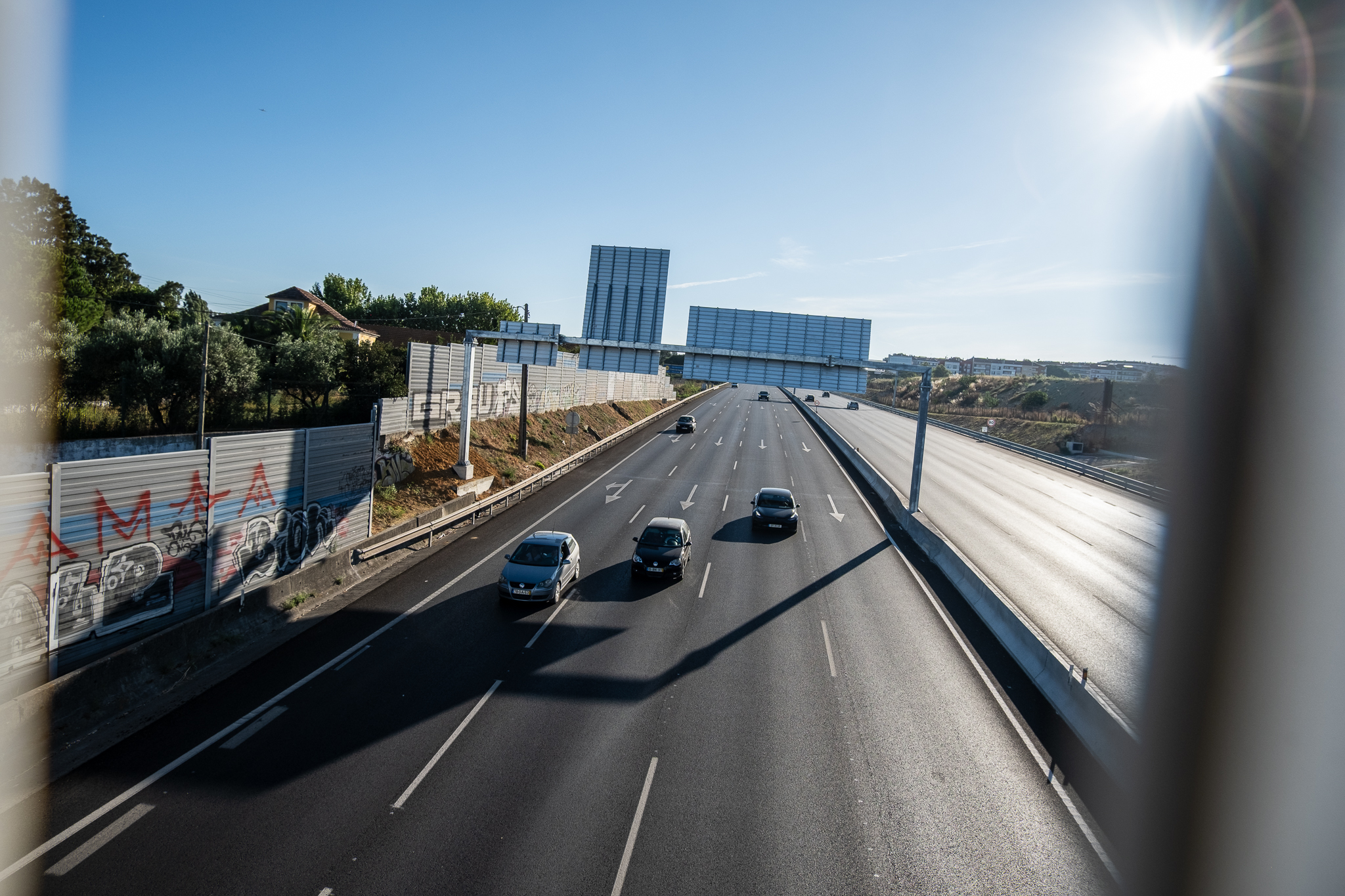The story goes back to January. Carlos Moedas' council presented a new model for affordable housing in partnership with private individuals. The aim was to break the deadlock in the progress of projects such as those in Benfica and Parque das Nações. But the Executive's proposal was not well received by the opposition, particularly the PS. It was eventually withdrawn, creating a new impasse on the issue.

The construction of public housing by Lisbon City Council and making it available at affordable prices has been part of the strategy in recent years, as described in the Municipal Housing CharterThis document was up for public discussion until February. This affordable housing strategy comprises two types: one in which the municipality builds the housing itself; and another in which a developer builds the housing in partnership with the municipality. While the first model has been relatively successful, the second has been slow to get off the ground - which means that there are major projects stalling, such as one in Benfica and another in Parque das Nações.
This second paradigm - also known in the media as "PRA Concessions" - would allow Lisbon City Council to carry out major affordable housing projects, which the municipality does not have the financial capacity to do on its own. However, the municipality has struggled to find a model that satisfies both private and public interests.
Affordable Income Program (PRA)
The Affordable Rent Program (PRA) is a public housing program in the city of Lisbon that was launched by the Socialist Party (PS) Executive in 2017 and has continued ever since. It was integrated into the Municipal Housing Charter as a pillar of the city's strategy, consisting of making affordable rental housing available to the population.
PRA Public
These are the houses that Lisbon City Council builds on municipal land for itself to manage. These houses are also the result of projects designed by the municipality. One of the most substantial operations to promote municipal public housing for affordable rent, within this "Public PRA" vector, is Entrecampos.
PRA Concessions
In this way, Lisbon City Council makes land or municipal buildings available for private individuals to build/rehabilitate, under a concession and by public tender. At the end of the concession, the properties revert to the municipality. The rents are affordable, and so far there have been two models proposed for this vector: one by PS and the other by Moedas.
O first "PRA Concessions" model was what the PS presented when it launched this program in 2017. It envisaged private developer would make 70% of the construction available for the municipal affordable rent tenders, while the remaining 30% would be for that developer to make available on the market at free prices. However, it turned out that this model was not advantageous for private developers, since the public tenders for the first two developments of this model - one in Benfica, next to Avenida Marechal Gomes Teixeira, and the other in Parque das Nações, near Gare do Oriente - were deserted.
Faced with this situation, the municipality now led by Carlos Moedas tried to find another model for the "PRA Concessions". A model that would be more advantageous for the private sector but that would still safeguard the public interest in increasing affordable housing in the city of Lisbon. So, at the end of January, he formalized a proposal for 100% (not 70%) of the building to be rented out, with the rents being higher than those in the "PRA Público" program - they would be the rents set by the government and not the municipality's scale.
"The idea is to try to do something that is simple to understand and very flexible to implement. There are a number of exemptions, practically everything we can exempt, we exempt. And we're also reducing uncertainty. Because in the previous tender there were also some uncertainties in the subdivision, we've reduced those uncertainties and we think that this could also make it more attractive for developers. We'll see"said Housing Councillor Filipa Roseta, at the end of last year in an interview with LPP.
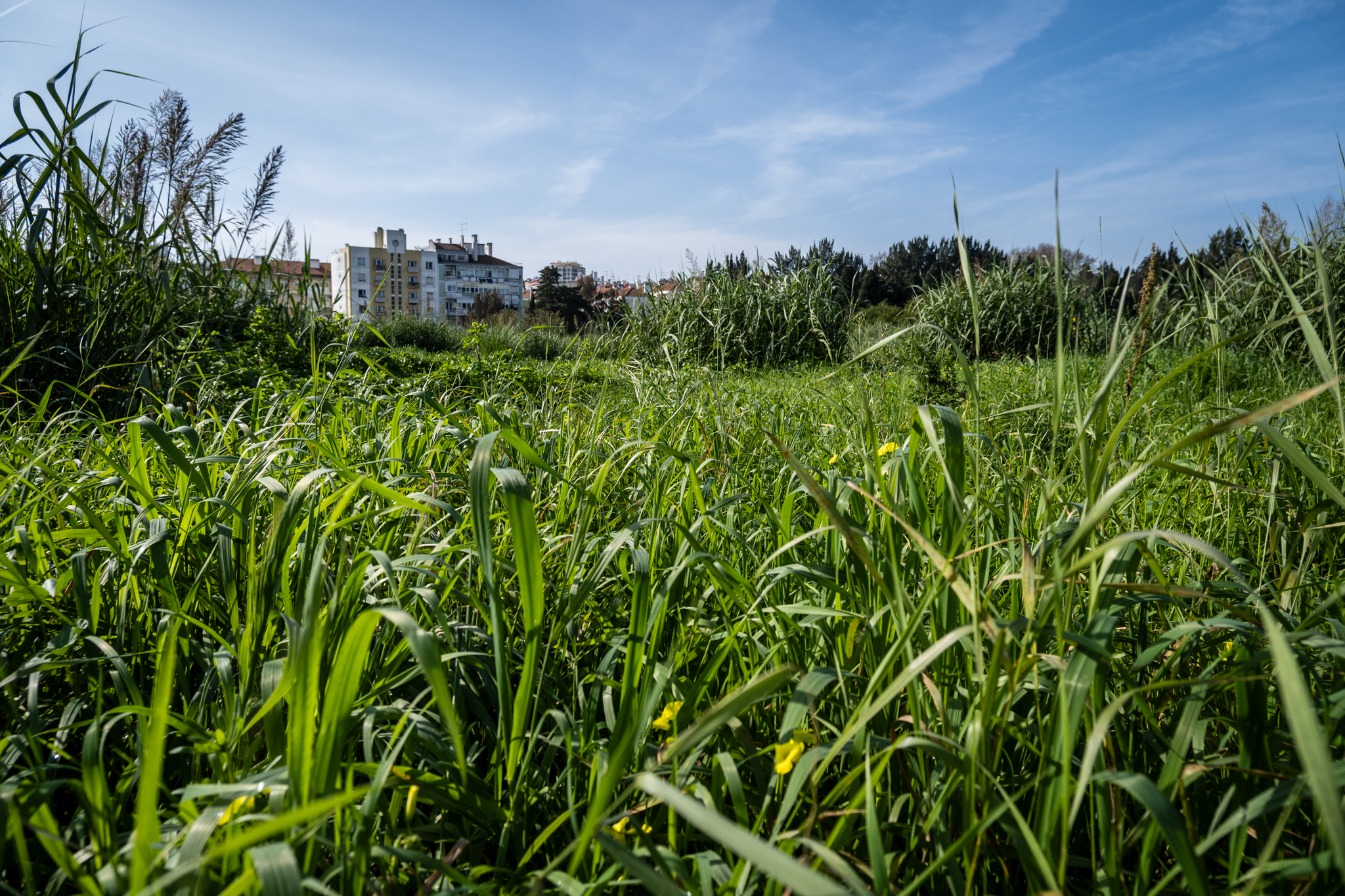
The new model in detail
The new model for the "PRA Concessions" set up "a compromise solution, capable of simultaneously ensuring compatibility between the public interest and the attractiveness of operations, in order to optimize their effectiveness with private parties available to pursue them"This was stated in the formal text of the proposal, which Filipa Roseta brought to the City Council meeting at the end of January. The document was presented to the opposition parties sitting on the Executive, but was eventually withdrawn before it was even discussed. Carlos Moedas later told the Lusa news agency that "I couldn't afford it" to be approved. In fact, the opposition - in particular the PS - had already criticized the proposal the day before, making it expected to be voted down.
The proposal explained that "an analysis of the current economic and financial environment" with the aim of "building a contractual model" that was attractive enough to allow, on the one hand, "guarantee the social participation of the private sector" and on the other, "strengthen the value proposition for the Municipality". "These betterThis was based on the following core principles: greater simplicity, greater flexibility, less uncertainty, greater trust"said the text signed by Roseta.
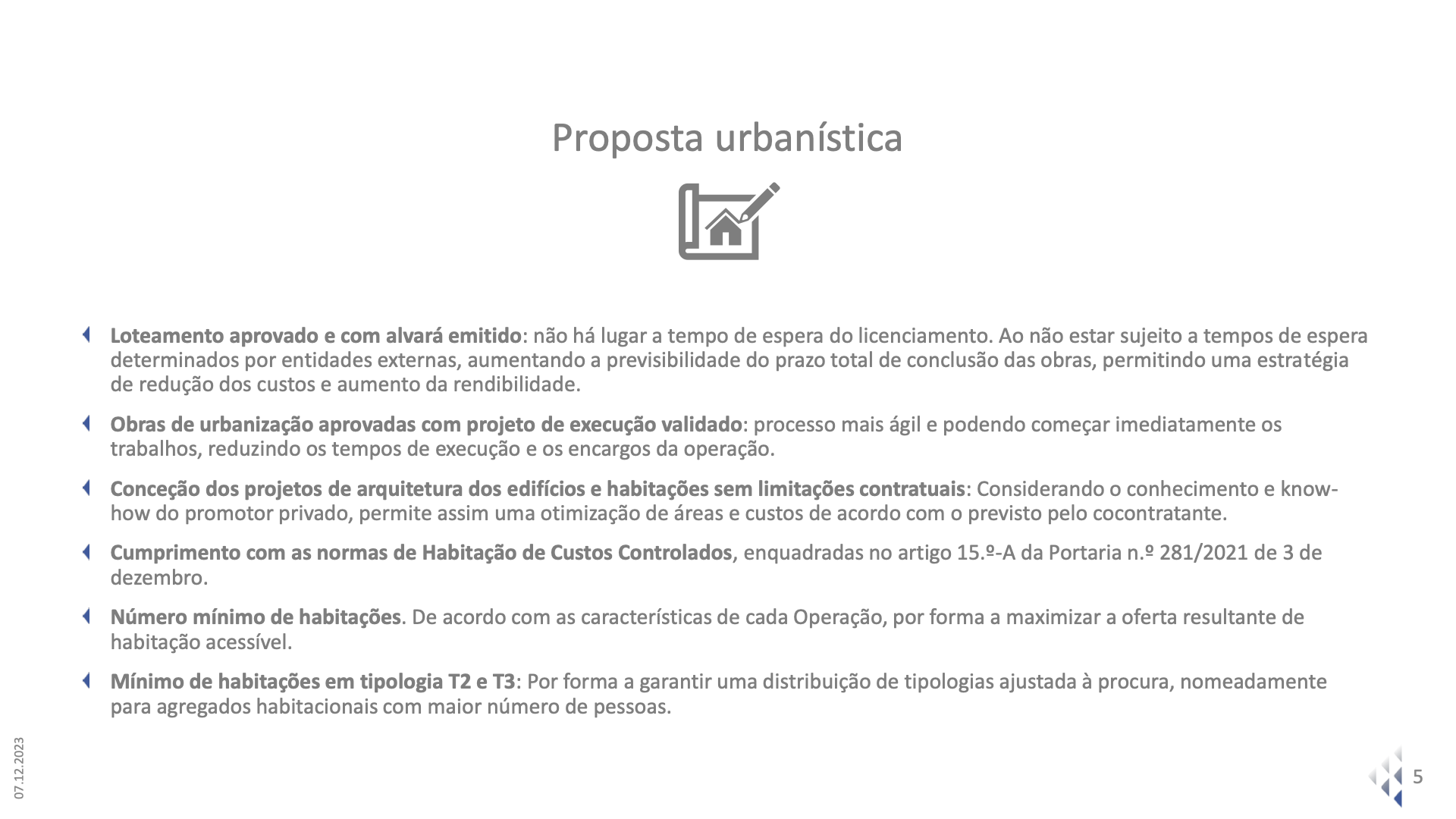
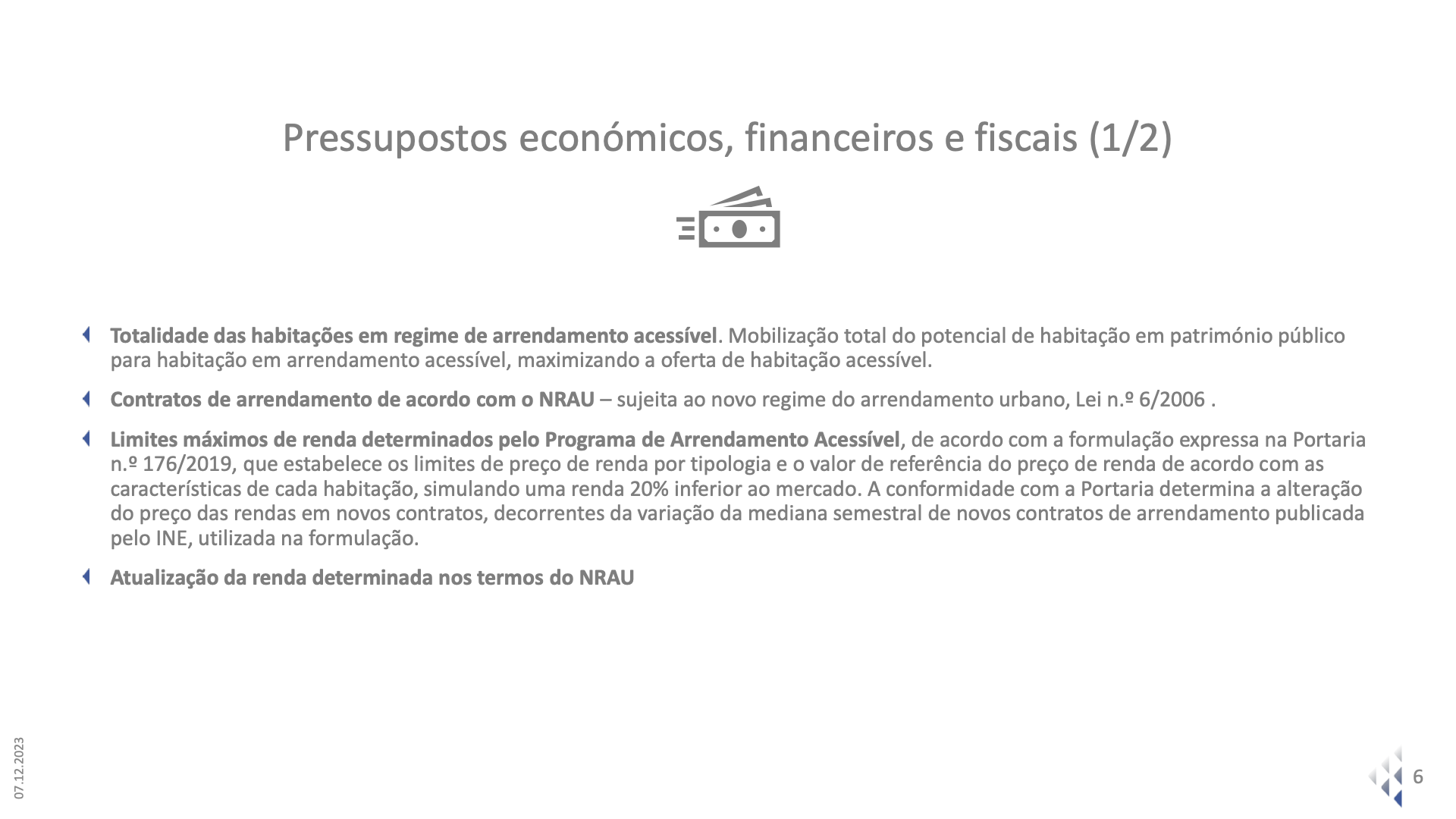
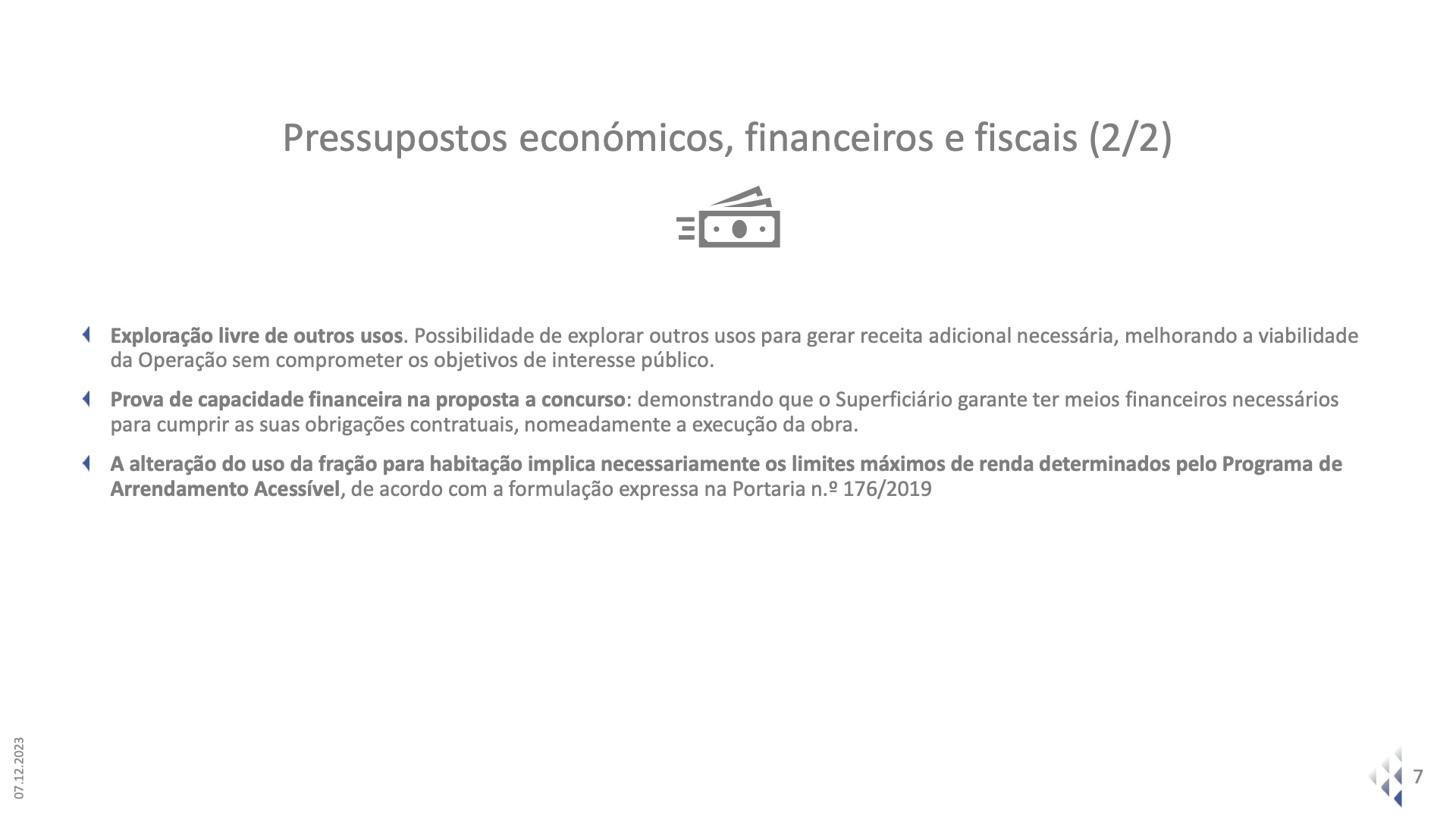

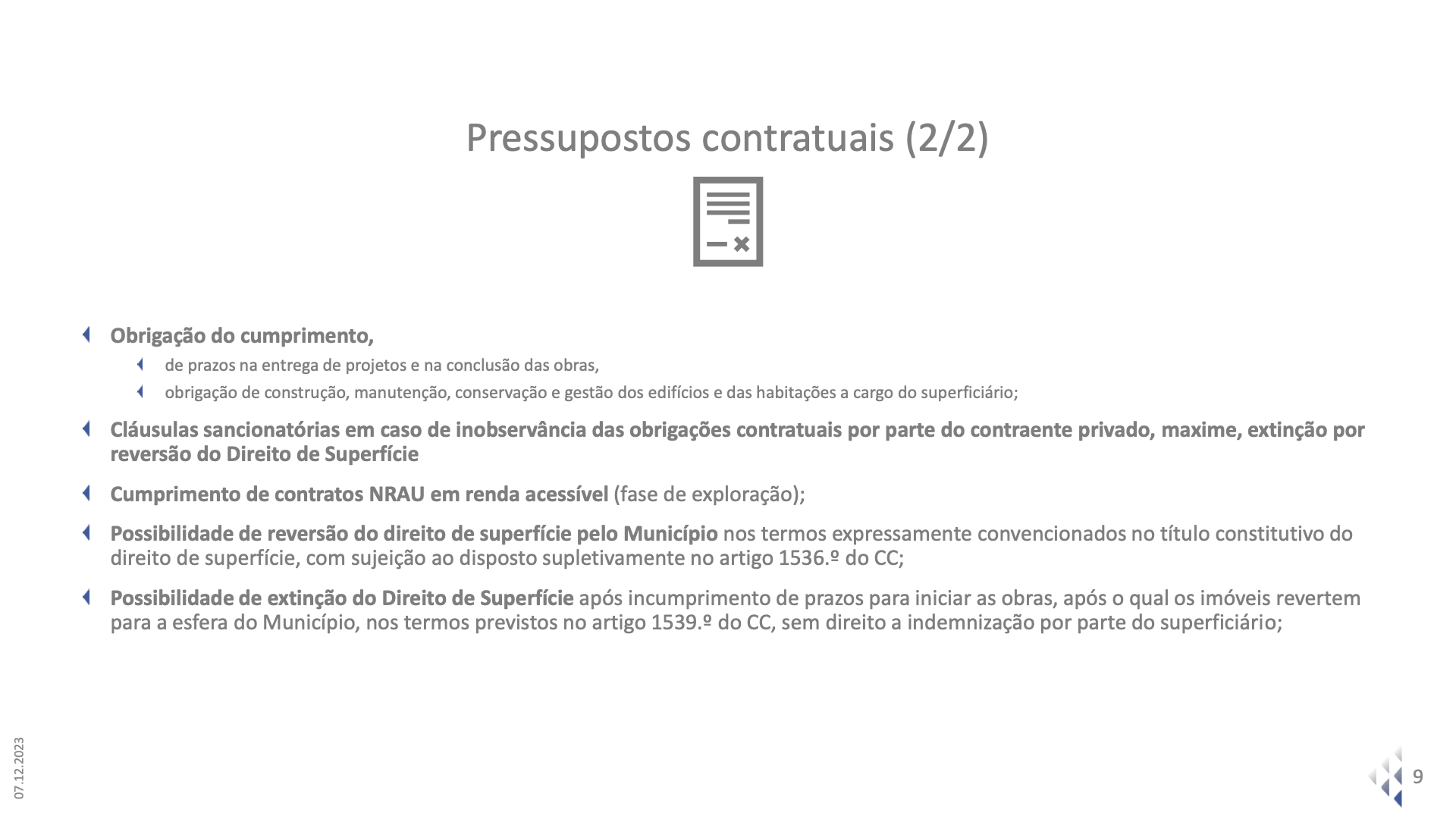
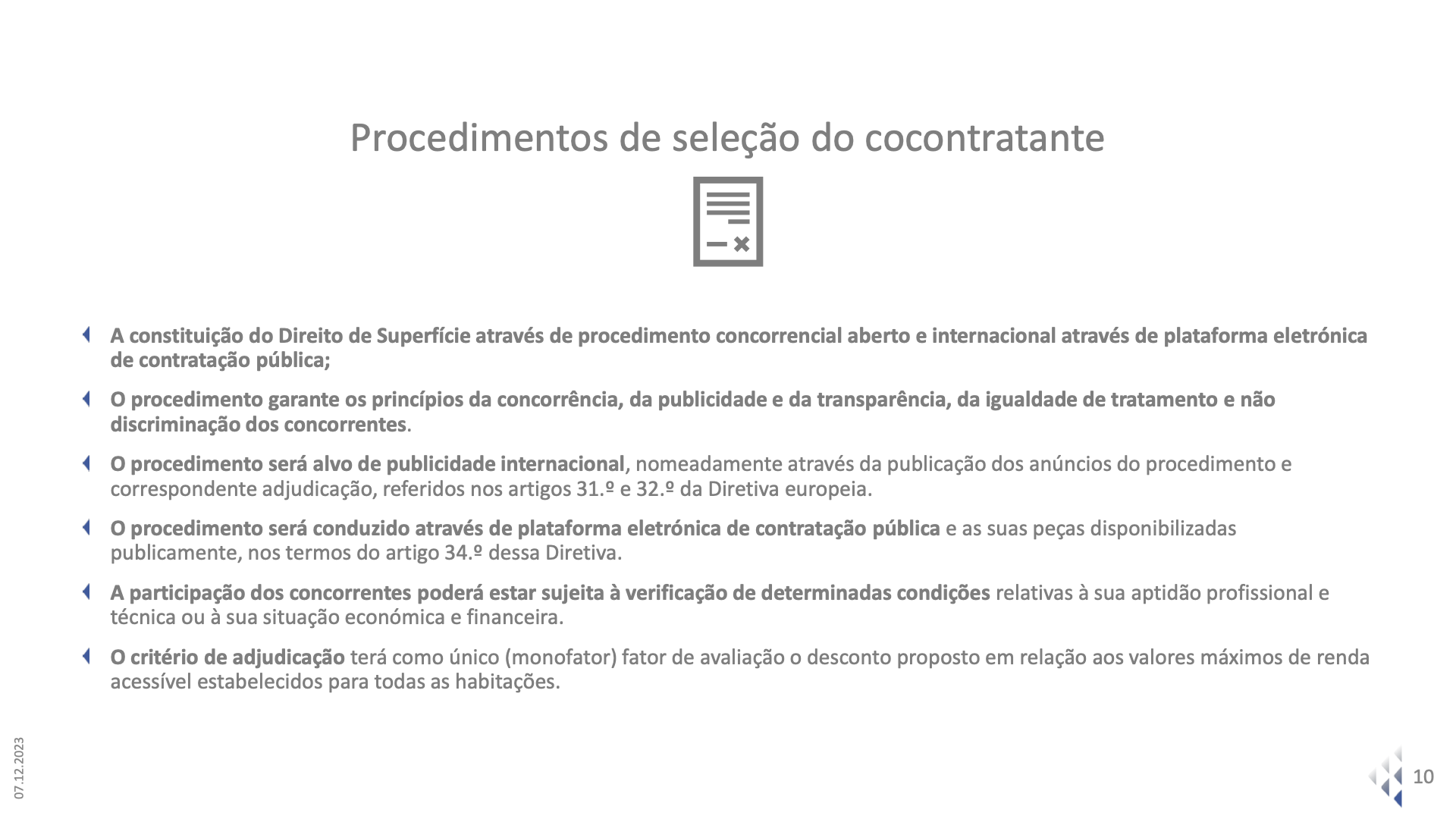
Thus, "we opted for an affordable rental scheme for all the housing planned"with housing rents equal to or lower than those determined by the Government Ordinance, "thus allowing, maximize the supply of affordable housing while ensuring the financial viability of the operation; without prejudice to the right of families who meet the requirements to make use of the rent support subsidy, under the terms that are in force at any given time". In other words, the "PRA Concessions" could work together with the Municipal subsidy for affordable rentThe Lisbon Council supports households that spend at least a third of their income on rent.
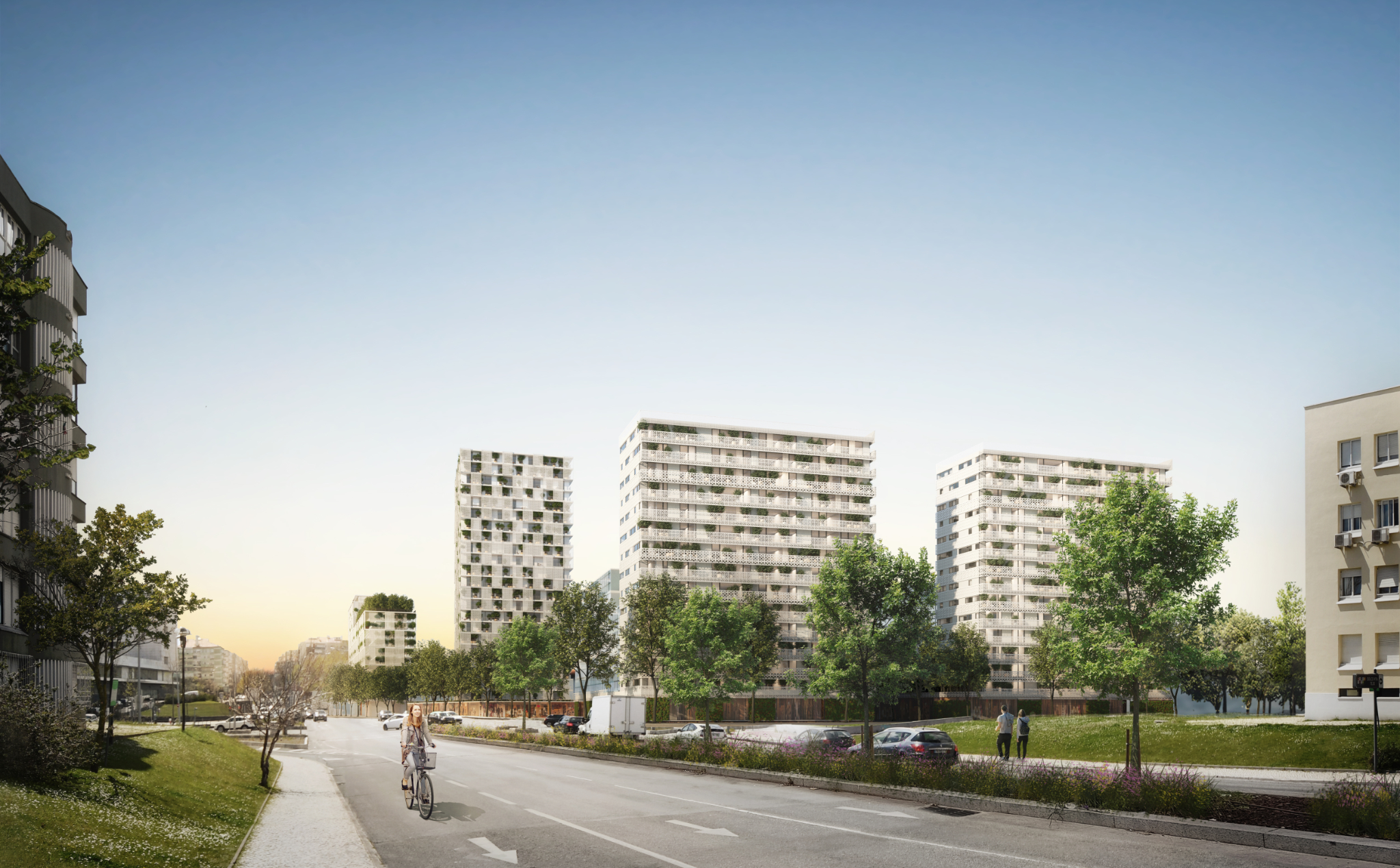
The combination of the "PRA Concessions" and the aforementioned subsidy would allow rents in the proposed new Public-Private Partnership (PPP) model for affordable housing to be no higher than 30% of household income. In practice, the private sector would earn the rents set out in the government ordinance - which are 20% below the median market value in each parish - and the municipality would cover what the families couldn't afford, so that the effort rate wouldn't exceed 30%. In this way, and according to the text of the proposal, the "The model proposed here, in the terms presented, allows a household earning 1500 euros/month to access, for example, a one-bedroom apartment in Parque das Nações, combining affordable rent in partnership with the municipal rent support subsidy, ensuring the defined effort rate".
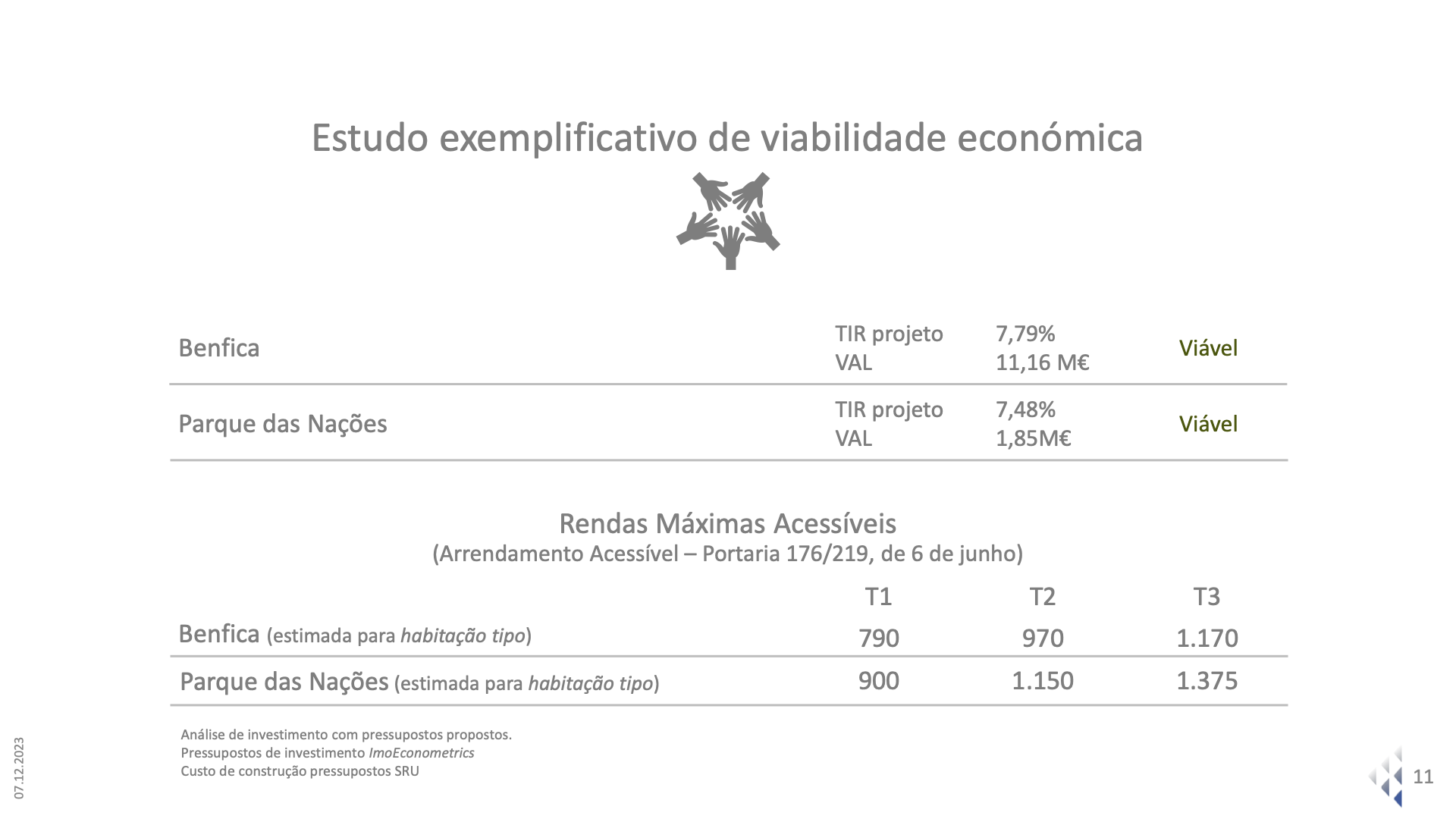
As far as construction is concerned, Lisbon City Council would cede municipal land to the private developer for 90 years, so that the latter could proceed with the construction of homes for the municipal Affordable Rent Program, according to projects and drawings drawn up by the municipality. "In the contractual model now proposed, the ownership of the land allocated to these operations remains with the Municipality, with the superficiary only acquiring the right to build and manage the properties that they build within the scope of the affordable rent operations."At the end of the 90 years, everything would pass into the hands of the City Council, the text of the proposal reads. During the concession, the private party would keep "the obligations and risks inherent in the design, construction, financing, operation, maintenance and upkeep of affordable housing under the rules that will be contractually established and parameterized by the Municipality in line with urban planning rules, the economic and financial context and the legal and contractual standards that are proposed".
PRA Concessions
In this way, Lisbon City Council makes land or municipal buildings available for private individuals to build/rehabilitate, under a concession and by public tender. At the end of the concession, the properties revert to the municipality. The rents are affordable, and so far there have been two models proposed for this vector: one by PS and the other by Moedas.
PS model (2017)
70% of construction for affordable rent, at the same values as the "Public PRA", 30% for free market rent;
Rents according to municipal scales, safeguarding an effort rate of 30% in relation to household income;
Transfer of municipal land for 90 years to the private sector, which will be responsible for building housing according to the projects/drawings drawn up by the municipality.
Coin Model (2024)
100% of construction for affordable rent, at the values set by the Government for each parish in the city;
Rents according to the government's table (values that are 20% below the median market value in each parish). By combining this program with the Municipal Subsidy for Affordable Rent, it would be possible to achieve an effort rate of 30% in relation to family income;
Transfer of municipal land for 90 years to the private sector, which will be responsible for building housing according to the projects/drawings drawn up by the municipality.
PS criticism
The new "PRA Concessions" model has received criticism from the opposition in the Executive, particularly the PS. The Socialists have been the most vocal on the subject, taking to social media to voice their criticism. "Carlos Moedas has presented a proposal to change the way rents are calculated", shared the PS councillors, on the eve of the town hall meeting where the proposal would have been discussed if it hadn't been removed from the agenda by Moedas.
"Thus, the affordable rent will no longer be 30% of net income but will depend on the market value in each parish. (...) As the proposal has an effort rate of 35% of gross income, it excludes the overwhelming majority of young people, teachers of the first grades, nurses or policemen. When Lisbon most needs to retain young people and essential professions, the New Times more than doubles the rents"the socialists added, showing two graphs:
The PS councillors had an alternative proposal: to maintain the rents at the values of the "PRA Concessions" of their mandate, that is, "dependent on the income of the candidates and not on the fluctuating values of an inflated real estate market that is inaccessible to the majority of Lisboners". However, with Roseta's original proposal withdrawn, the PS proposal was not discussed at the town hall meeting either. The PCP councillors also had a proposed amendment. You can consult all the relevant documents at the end of this article.
Projects on hold
It should be remembered that in December 2022, the Lisbon City Council approved the non-award of the "PRA Concessions" planned for Benfica, Parque das Nações and Paço da Rainha. At this meeting, the BE's proposal to convert the operation at Paço da Rainha, in Arroios, into an entirely public program was also accepted. "We voted in favor of the conversion of Paço da Rainha, because we believe that the type of intervention in this building is not suited to the concessions model"Filipa Roseta, Housing Councillor, said at the time.
Since the Paço da Rainha building has been transferred to another model - the cooperative one, which we'll talk about soon - the "PRA Concessions" model has left the Benfica and Parque das Nações interventions, which are larger operations and which the Lisbon City Council won't be able to carry out on its own. The concession tenders, which were ultimately not awarded, were approved in April 2021 and ran until May 2022, with several postponements, with the juries considering that none of the four proposals submitted - two in Benfica, one in Parque das Nações and one in Paço da Rainha - would be suitable for award.
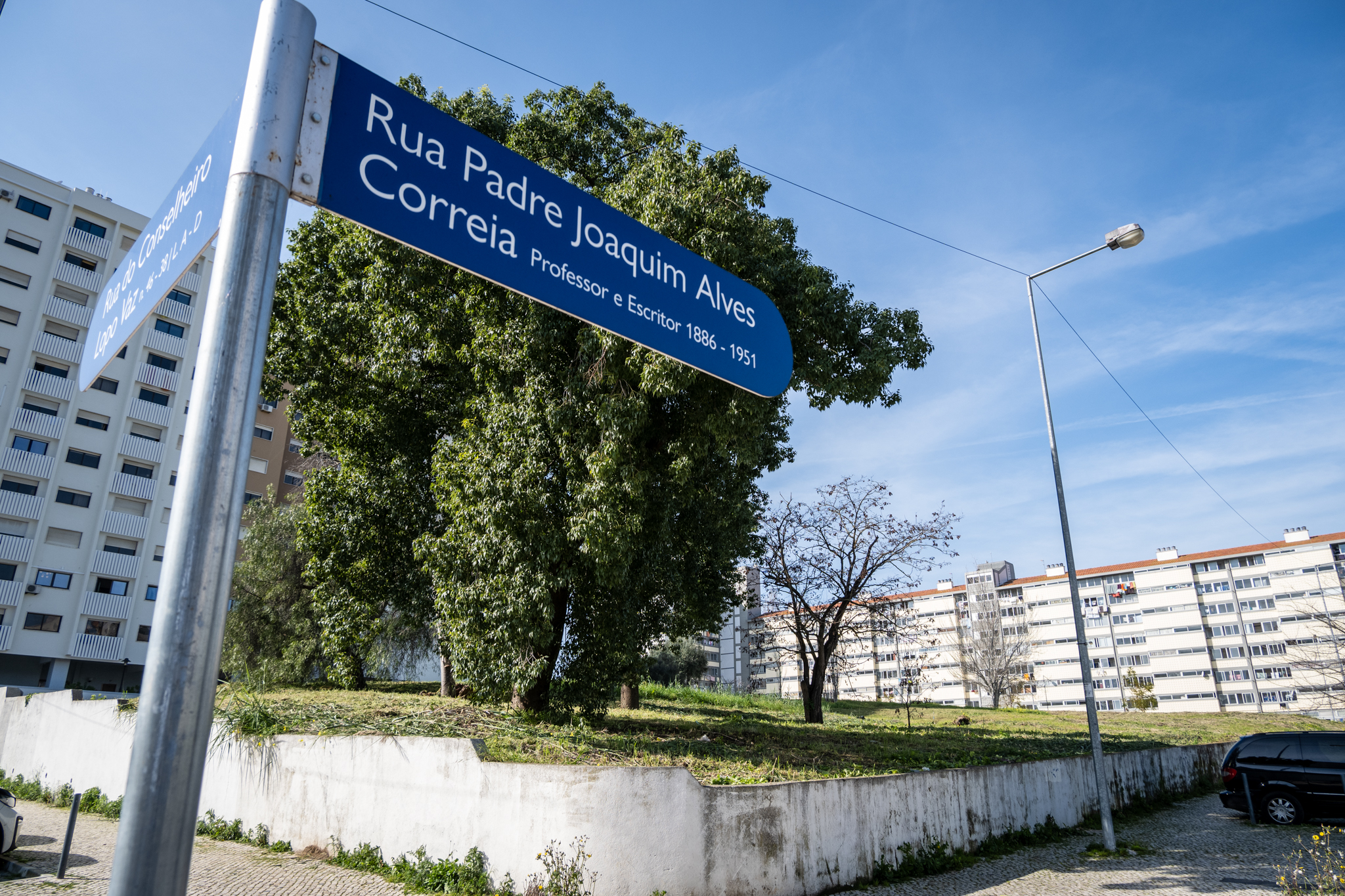
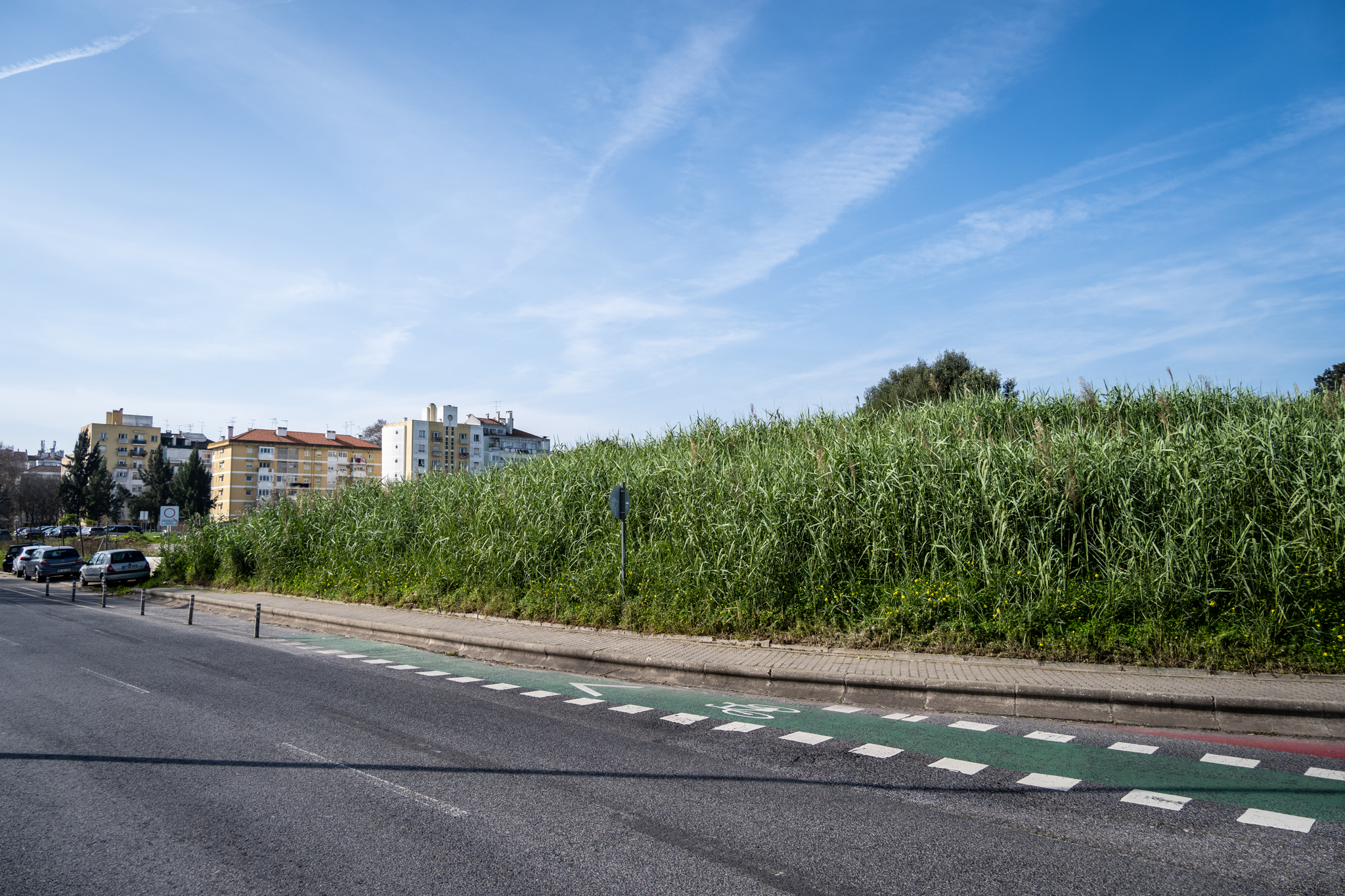
In Benfica, the housing estimate is 688 dwellings, 459 of which would be for Affordable Rent under the PS model, at an estimated cost of 120 million euros. This operation is planned for a vacant lot next to Avenida Marechal Teixeira Rebelo - a privileged location, in a transition zone between a consolidated residential structure (Benfica) and a large public green area, the Quinta Histórica da Granja, being five minutes from the Colégio Militar transport interface, with Metro and multiple bus connections, next to the Colombo Shopping Center, five minutes from the Sport Lisboa e Benfica sports complex and opposite the Hospital da Luz. There are plans to build 8 buildings, mostly for residential use, including a nursery and a kindergarten, as well as commercial and service spaces.
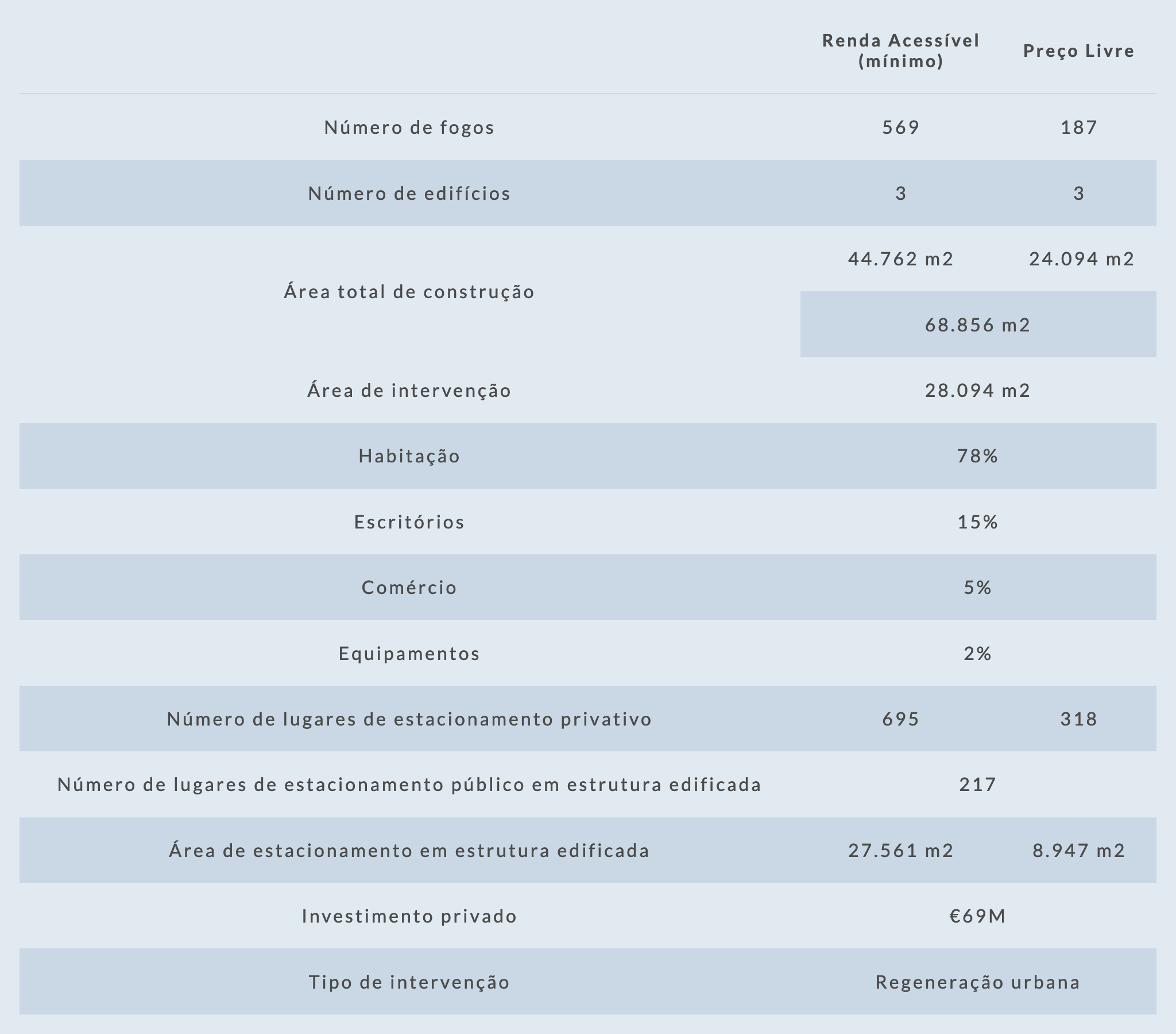
In Parque das Nações, the estimate was 235 homesThe cost of the project is estimated at 31.2 million euros, 154 of which are for Affordable Rent under the PS model. The operation includes the construction of four buildings, covering an area of more than 18,000 square meters. In addition to housing, the urban regeneration of this intervention area will involve the construction of a high-quality growth and public spaces, just a few minutes from the Oriente transport interface.
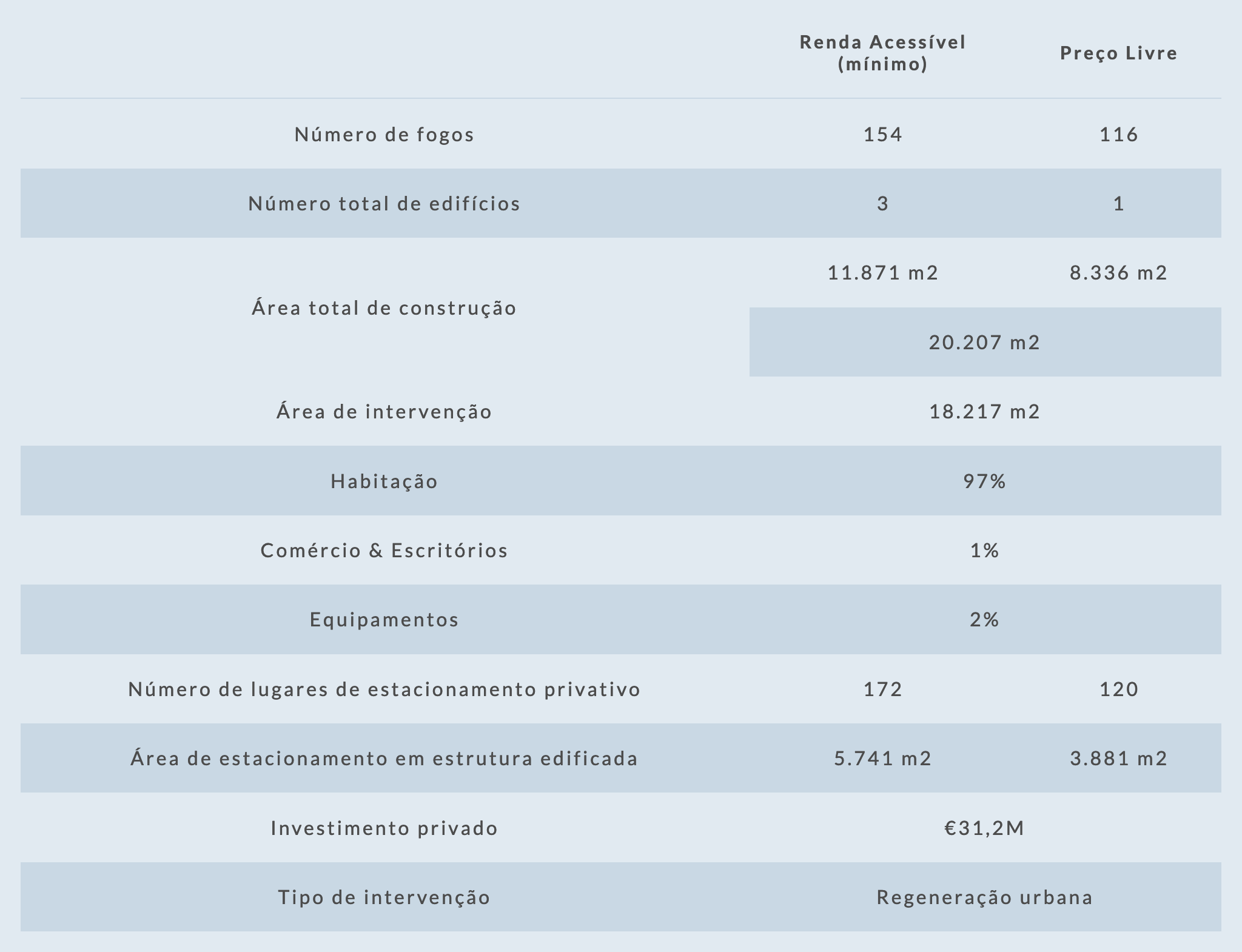
These two projects are now at an impasse. There are two "PRA Concessions" projects moving forward, however. One of them on Rua Gomes Freire, in Arroios, with a total of 92 homes, with rehabilitation work having started in October 2022. And another on Rua de São Lázaro, also in Arroios but closer to Baixa, with a total of 131 homes, but which is still awaiting consignment as the case has been in court since 2020.
If the new "PRA Concessions" model suggested by Carlos Moedas' council could go ahead, the municipality would have six months to prepare and launch the tenders for the transfer of surface rights. This would be followed by 18 months for the signing of the contract between the municipality and the private party and the development of the building project. Finally, two years for construction. In 2028, at the earliest, the Benfica and Parque das Nações projects would be ready.
